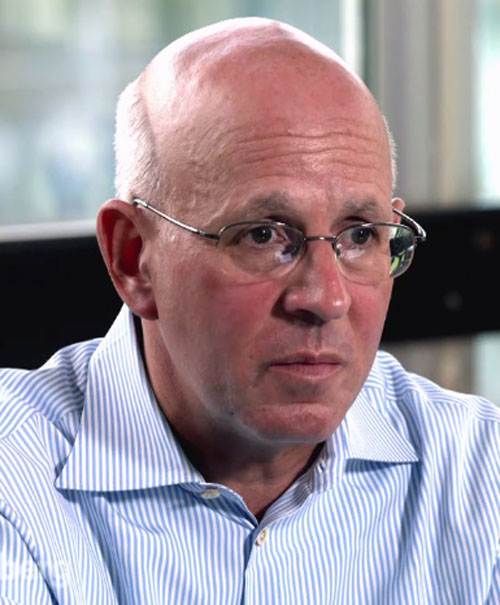Century Aluminum Co.’s Michael Bless is on a crusade to save his industry from what he sees as its impending doom at China’s hand. So far, he’s struck out.
The chief executive officer hasn’t been able to persuade Alcoa Inc. to publicly back him. He invited all the presidential hopefuls last fall to tour a smelter, and nobody took him up on it. A glitzy documentary made by a group Century funds has scored only about 6,800 views on YouTube.
Bless says he’s frustrated but undeterred. China subsidizes its smelters to an extent that violates World Trade Organization rules, he says. What he wants is for the Obama administration — or the one that comes next — to put up as big a fight for aluminum makers as the U.S. has for those who manufacture steel.
“Something has to give,” he said after a tour of Century’s smelter in Hawesville, Kentucky, where the payroll has been cut by more than half in the past two years. China produces 55 percent of the world’s aluminum, and according to researcher Harbor Intelligence it plans to increase output in 2017 by more than 9 percent. “If we wait another year,” Bless said, “there may be nothing left to talk about.”
‘Devastating’ Job Losses
That might come off as hyperbole, but Bless could be right. With aluminum on the London Metal Exchange averaging about $1,564 a ton — down from an average $1,682 last year after a slide from $2,800 in 2011 — U.S. output is threatened, according to Harbor. If the price slips under $1,528, Harbor says, the five remaining smelters may have to close.
Century and Alcoa are the last two U.S. makers of primary aluminum, which is used in products from beer cans to F-16 fighter jets. While politicians have backed lobbying efforts for American steel that have won trade cases and succeeded in imposing duties, aluminum hasn’t received similar attention. That could have something to do with the fact there are about 140,000 workers in steel production, and some 3,500 in aluminum.

